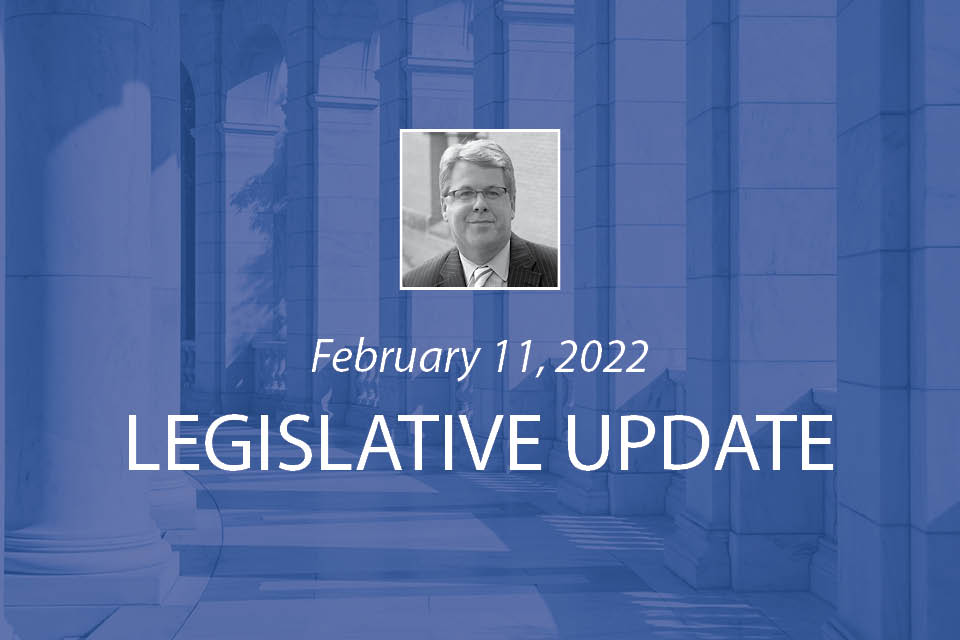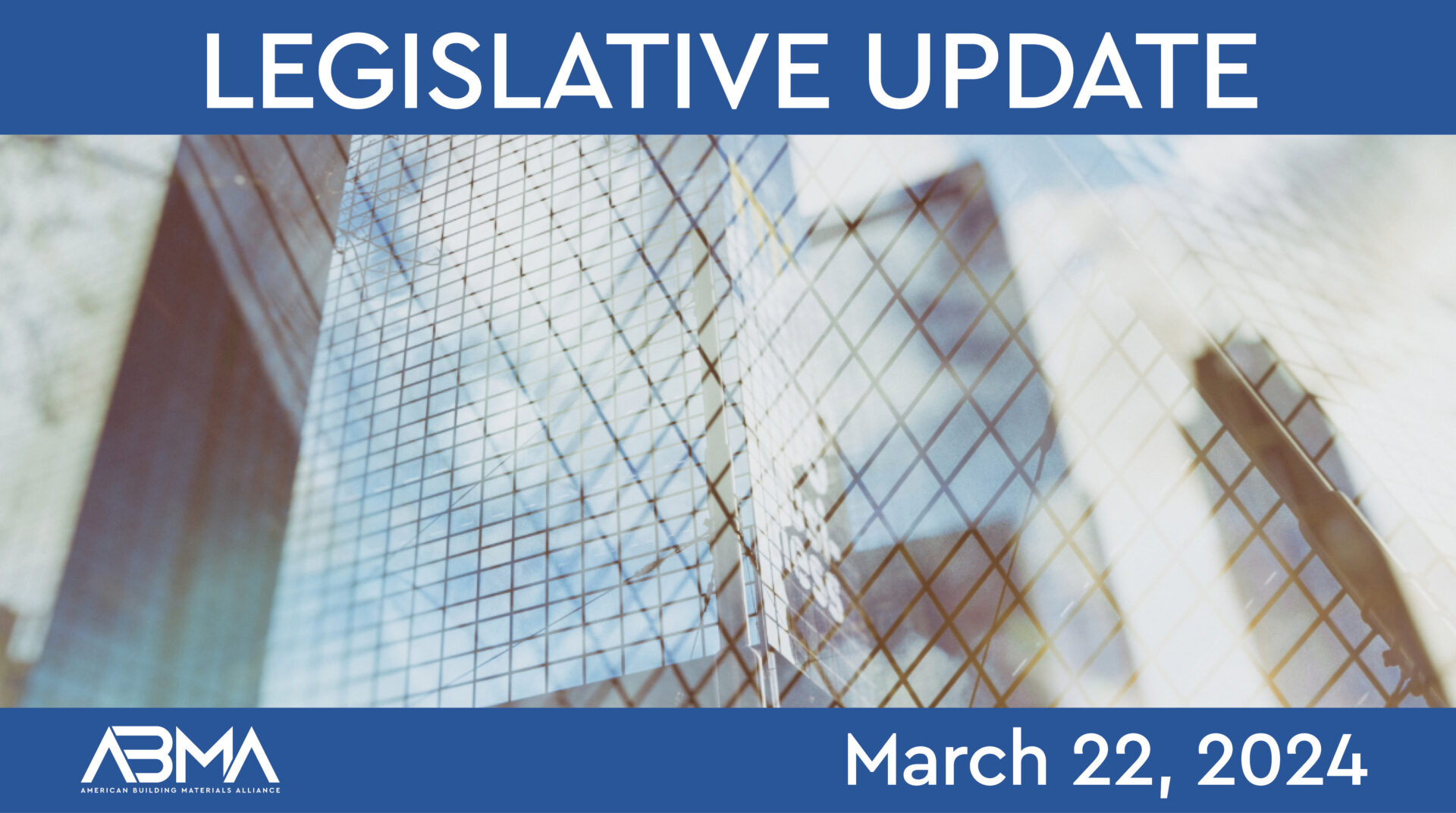Workforce Development
Last Friday, Representatives Andy Levin (D-MI), Anthony Gonzalez (R-OH), Raja Krishnamoorthi (D-IL), and Bryan Steil (R-WI) introduced an amendment to the America COMPETES Act of 2022 (H.R. 4521) being debated by the House containing language similar to the JOBS Act and College Transparency Act (CTA). These two proposals have been a priority for national organizations promoting career and technical education (CTE) and alternative career pathways to the traditional 4 year college degree. The House approved the amendment by a vote of 238-193, and the entire America COMPETES Act then passed on a largely party-line 222-210 vote.
Provisions of the JOBS Act would expand learner access to Pell grants to enroll in high-quality, short-term job training programs as little as 150 clock hours and 8 weeks long. These programs benefit both employers and workers by responding to immediate employer demands and creating new pathways or career ladders for workers and students to foster upward mobility.
The CTA would establish a national postsecondary data reporting system to provide information on student outcomes, such as enrollment, completion, and earnings across postsecondary institutions and career fields. These data are essential to understanding how our postsecondary systems are serving students and businesses and would significantly increase policymakers’ ability to make improvements to the nation’s postsecondary education and training system. An unstated goal of this legislation is also to provide parents and young adults a clear picture of the costs and benefits of a traditional 4 year degree so they can make an informed decision about next steps after high school and consider a career in the trades as an alternative.
The bill will now go to conference with the Senate which passed the U.S. Innovation and Competition Act (USICA), S.1260, last summer, but did not include these provisions.
Climate Smart Commodities
On Monday, the U.S. Department of Agriculture announced a “Partnerships for Climate-Smart Commodities” pilot program with $1 billion in grant funding available in FY2022 through the Commodity Credit Corporation. This funding is intended to finance a set of pilot projects by farmers, ranchers, and forest landowners that implement climate-smart practices on working lands, utilize cost effective methods to quantify, report, and verify greenhouse gas benefits, and market the resulting climate smart commodities. The grants will be available through two funding pools – the first for proposals between $5 million and $100 million and a second pool for proposals between $250,000 to under $5 million.
In talking with USDA’s Senior Climate Advisor last week in advance of this announcement, it was indicated that wood products have long been considered a “commodity” by USDA and are expected to benefit from the program. The goal as it was described to ABMA is to have a label or other notification that could be placed on products derived from climate smart practices that would help give them a leg up in the marketplace over those that are not as sustainably manufactured.
As such, USDA has noted that this program is tied to working lands and the commodities that come off of them—including wood building products. A wide group of entities are eligible to apply, including NGOs, for profit entities, states, and conservation districts. The program may seek to replicate something similar to the USDA Organic program or possibly a forest certification system, where approved practices are completed by the producer and the claims move through the supply chain to a business or the end consumer, though the ownership of green house gas benefits will be proposed by the entities applying for the grants. A number of eligible practices for forestry projects include (but are not limited to):
- Agroforestry and afforestation on working lands
- Afforestation/reforestation and sustainable forest management
- Planting for high carbon sequestration rate
- Maintaining and improving forest soil quality
- Increase on-site carbon storage through Forest Stand Management
During a White House briefing yesterday, Gina McCarthy (White House Climate Advisor) and Robert Bonnie (USDA Under Secretary of Agriculture for Farm Production and Conservation) emphasized the measuring, monitoring, and verification of greenhouse gas benefits. USDA is going to align this work with the Interagency Measurement, Monitoring, and Reporting Task Group. More information on the program can be found in the Notice of Funding Opportunity. USDA plans on holding “meet and greet” webinars on Partnerships for Climate-Smart Commodities in the coming weeks to provide information and answer questions from Project Applicants. ABMA will monitor developments on this program and provide details as they become available.




